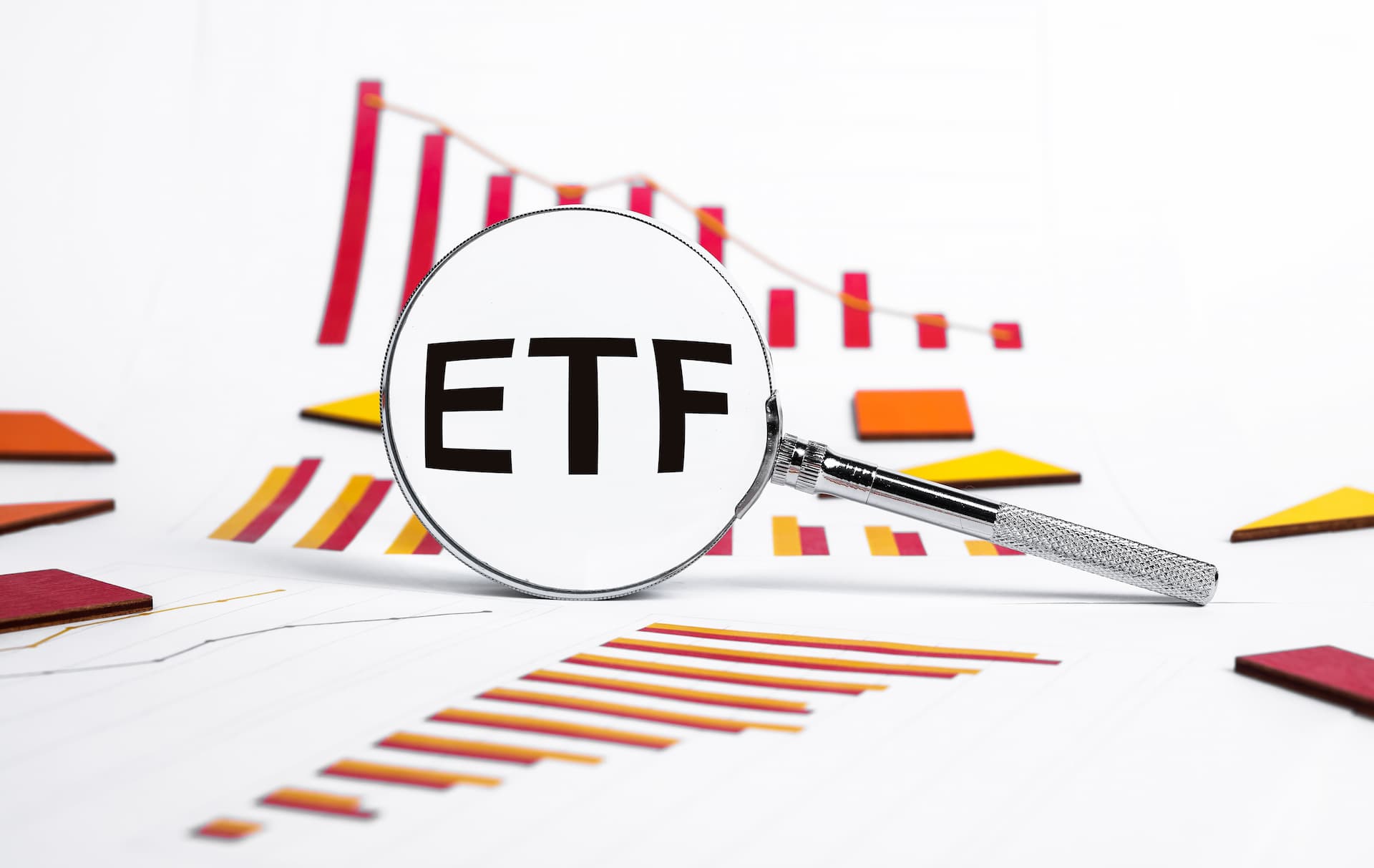What are Dividends? A Guide to Understanding Dividend Investing
Discover the basics of dividends, including types, benefits, risks, and tax implications for investors. Learn more about dividend investing on 24markets.com.
Dividends are a fundamental part of investing, providing a way to share in a company's profits. Understanding how dividends work, their types, and their impact can help you make informed investment decisions. Let’s dive into what dividends are and how they play a role in your investment strategy.
Dividends are payments made to shareholders from a company’s earnings. These payments can come in various forms and are an essential component of many investment strategies. To explore the basics of dividends and their importance, you can check out detailed dividend guide.
Types of Dividends
Cash Dividends: These are the most common form of dividends. When a company declares a cash dividend, you receive a direct payment based on the number of shares you own. For example, if you own 100 shares and the company declares a $1 per share dividend, you receive $100 in cash. This type of dividend provides immediate cash flow, which you can reinvest or use as you wish. For more information on cash dividends and their advantages, see 24markets.com’s insights.
Stock Dividends: Instead of paying cash, companies may issue additional shares to shareholders. For instance, if you own 100 shares and receive a 10% stock dividend, you’ll get 10 extra shares. While this increases the number of shares you own, it may also dilute the value of each share. Stock dividends can be a way to reinvest in the company and potentially benefit from future growth. To learn more about stock dividends, visit 24markets.com’s resources.
Special Dividends: These are one-time payments made by a company, often due to excess profits or cash reserves. Unlike regular dividends, special dividends are not guaranteed and are paid sporadically. They can offer a significant return boost but should not be relied upon for regular income. For further details on special dividends and their implications, refer to 24markets.com’s guide.
Preferred Dividends: Preferred shareholders receive fixed dividends, paid out before common shareholders. These dividends are usually higher and more stable, making them appealing for income-focused investors. To explore more about preferred dividends, visit 24markets.com.
2. The Dividend Payment Process
Declaration Date: This is when a company’s board announces a dividend, including the amount, record date, and payment date. Understanding the declaration date helps you plan and anticipate upcoming dividends. For a better grasp of how declaration dates affect your dividends, visit 24markets.com’s section.
Ex-Dividend Date: To be eligible for a dividend, you must own the stock before the ex-dividend date. Stocks purchased on or after this date do not qualify for the upcoming dividend. This date is crucial for timing your trades and understanding market movements. For more on the ex-dividend date and its significance, check out 24markets.com’s insights.
Record Date: On the record date, the company identifies which shareholders are entitled to receive the dividend. If you’re listed as a shareholder on this date, you will receive the dividend payment. To learn more about the record date and its role in dividend payments, visit 24markets.com’s guide.
Payment Date: This is when the dividend is actually distributed to shareholders. For cash dividends, it’s when the cash is deposited into your account, while stock dividends involve adding shares to your portfolio. For more details on the payment date and how it affects your investments, refer to 24markets.com’s guide.
3. Impact of Dividends on Stock Price
Stock Price Adjustment: On the ex-dividend date, the stock price usually drops by the dividend amount. This reflects the fact that the dividend is no longer part of the stock’s value. While the stock price may decrease, the dividend payment offsets this drop. For insights into how dividends impact stock prices, visit 24markets.com’s analysis.
Long-Term Value: Dividends can significantly enhance the long-term value of your investment. By reinvesting dividends, you can purchase more shares, potentially increasing your overall returns. This compounding effect can lead to substantial growth over time. To understand the benefits of reinvesting dividends, explore 24markets.com’s guide.
Market Perception: Companies that regularly pay or increase dividends are often viewed as financially stable and reliable. Conversely, a cut or suspension of dividends may raise concerns about a company’s financial health. For more on how dividend announcements affect market perception, check out 24markets.com’s market analysis.
4. Dividend Yields and Ratios
Dividend Yield: This metric shows the annual return on investment from dividends, calculated by dividing the annual dividend payment by the stock’s price. For example, if a stock pays $2 per share annually and trades at $50, the yield is 4%. This helps evaluate the income potential of a stock relative to its price. For detailed information on calculating dividend yields, visit 24markets.com’s calculator.
Dividend Payout Ratio: This ratio measures the percentage of earnings paid out as dividends. A high payout ratio may indicate that a company is distributing a significant portion of its earnings, while a low ratio might suggest reinvestment in growth. To explore more about the dividend payout ratio and what it means for your investments, see 24markets.com’s analysis.
Dividend Growth Rate: This shows the annual percentage increase in dividend payments. Companies with a history of increasing dividends are often seen as more reliable. Evaluating the dividend growth rate helps identify stocks with a strong track record of returning value to shareholders. For more on dividend growth rates, visit 24markets.com’s guide.
5. Tax Considerations
Qualified Dividends: In many jurisdictions, qualified dividends are taxed at a lower rate than ordinary income, offering a tax advantage. To qualify, dividends must meet certain criteria, such as being paid by a U.S. corporation and held for a minimum period. For details on the tax benefits of qualified dividends, check out 24markets.com’s tax insights.
Dividend Taxation: Tax rates on dividends can vary based on your income level and the type of dividend. Understanding these rates helps in planning your tax strategy and managing your investment returns. For a comprehensive overview of dividend taxation, refer to 24markets.com’s tax resources.
Tax-Efficient Strategies: Holding dividend-paying stocks in tax-advantaged accounts like IRAs or 401(k)s can help reduce the impact of taxes on your dividend income. These accounts offer tax benefits and can enhance your overall returns. To explore tax-efficient strategies for dividend investing, visit 24markets.com’s guide.
Conclusion
Dividends play a crucial role in investing, offering regular income and reflecting a company’s financial health. By understanding the different types of dividends, their payment processes, and their impact on your investments, you can make more informed decisions. For further details on dividend investing and to explore a variety of dividend-paying stocks, visit 24markets.com’s comprehensive dividend resources.

Article by:
Sofia De Luca
Education Center Specialist 24markets.com
TAGS
Latest Education Articles
Show moreTake your trading to the next level.
Join the broker built for global success in just 3 easy steps. A seamless experience built for traders who value speed and simplicity.

Create Your Account

Make Your First deposit




